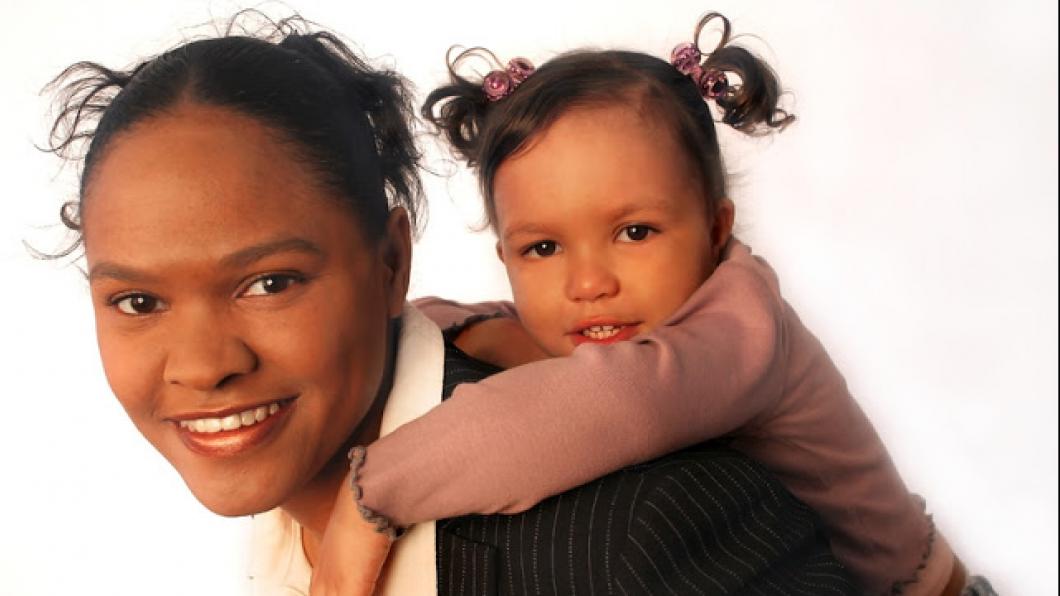
Study gives voice to family stories behind clinic no-shows
By Louise Kinross
About 15 per cent of the time families miss their appointments at Holland Bloorview and in most cases, they don’t call to cancel.
“These families are referred to as ‘no-shows’ or ‘hard to reach’ or ‘not interested,’” says chief nursing executive and clinician investigator Marilyn Ballantyne. “Because these are expensive health-care resources and no one wants to be inefficient, we sometimes make assumptions about families’ behaviour. We tend to judge them.”
In the first study of its kind in children’s rehab, Marilyn and her research team interviewed 15 mothers in our neuromotor program who agreed to talk about what makes it difficult to get to appointments.
“Hearing their stories we were struck by how it’s not what we think,” Marilyn says. “Parents never took not coming lightly. They were often overwhelmed with the challenges they faced.”
Some of the children were medically fragile, and often sick or hospitalized, researchers heard. Mothers talked about their child having a bad day and not being able to tolerate a four-hour round trip on public transit, particularly in bad weather.
One-third of respondents relied on public transportation. “We heard about families waiting for the bus and the bus would pass by because it was full, or Wheel Trans wouldn’t wait.”
Sometimes the appointment at Holland Bloorview conflicted with a special event at school, a visit with a different medical specialist or a sick sibling. Perhaps the parent had no input into the timing. Things got more complicated when a single mom was doing all the juggling.
“The average number of appointments per month is five,” Marilyn notes, “and these children have complex needs,” Marilyn says. Some mothers said staff had made them feel bad about missing an appointment, so they were hesitant to call to cancel.
Based on mothers’ suggestions, the research team is looking at how they can better work with families to make it easier for them to attend appointments.
“Because travel is very difficult for some families, is there a way we could provide transportation—maybe through Uber?” Marilyn says. “Do we need extended hours so the family has greater flexibility in meeting competing priorities? What about having open-access scheduling, so the parent goes online and finds a spot that works better for them and reschedule? Would a key contact person or navigator be helpful?”
Traditionally, we’ve talked about ‘no-shows’ but not about the people and situations behind them, Marilyn says. The idea for the study came “from two frontline nurses—Laurie Liscumb and Megan Perron—who wanted to understand families better, hear their stories and do something about the barriers they experience.”
This research was funded by the Centre for Leadership in Child Development at Holland Bloorview. A peer-reviewed paper is in the works.